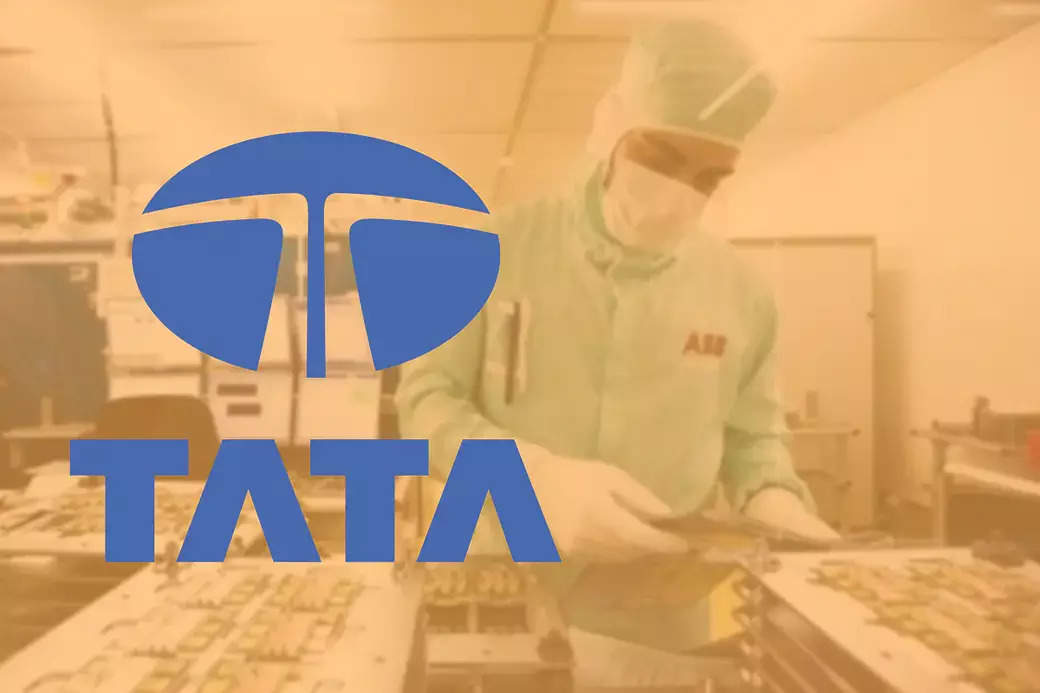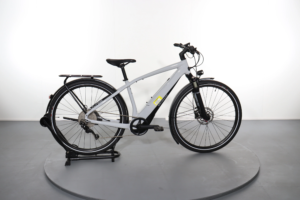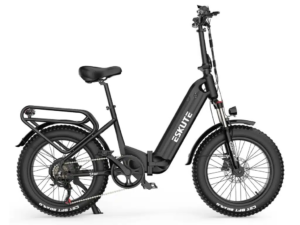[ad_1]

New Delhi:
Tata Motors, the market leader in the passenger electric vehicle segment, is looking at manufacturing semiconductors and building the value chain associated with it to accelerate its electrification dream across the ecosystem.“It is a space we are looking at. We have already got into precision manufacturing and related assembly in the areas of the semiconductor value chain. Manufacturing of semiconductors is a space we are looking at,” N Chandrasekaran, Chairman, Tata Sons and Tata Motors, said on Friday.
“Eventually what is going to be required for us is the total capability and the total assurance about everything that is needed for us to produce high quality cars to meet the market demand. So, we will address it in multiple ways and this is one area we are looking at,” he said.
Semiconductor, an integral part of the electronics, is often called the brain or the heart of the electronic components. More recently, the scarcity of these chips caused havoc in the growth trajectory of the automobile industry. Involving many specialized fields, its value chain is comparatively larger and most countries are dependent on each other.
Tata Motors, which has set up a separate unit for EVs and has attracted investments from private equity giant TPG Rise, is one of the applicants shortlisted under the “Champion OEM Incentive Scheme” of the production-linked incentive (PLI) scheme for India’s automotive sector.
The PLI scheme for the automobile sector proposes financial incentives of up to 18% to attract investments in the indigenous supply chain of advanced automotive technology (AAT) products.nab
In December 2021, the government notified the semiconductor policy which was cleared by the cabinet. According to gazette notification, it will provide about 50% project cost for two semiconductor and two display fabs in the country.
Tata’s EV plans
Shailesh Chandra, Managing Director, Tata Motors Passenger Vehicles Ltd (TMPV) and Tata passenger Electric Mobility (TPEM), said, “Our primary objective would be to accelerate electrification to the best possible extent. The limitations would come from the overall ecosystem development and the overall mindset change of the consumers,”
However, Chandra assured that the company’s focus on the conventional internal combustion engine (ICE) vehicle side remains and the company will come with greater focus on bringing greener solutions like CNG.
On Friday, Tata Motors unveiled the concept of its first pure electric vehicle (EV) ‘Avinya’, based on its Gen-3 architecture, which will be introduced to the Indian market in 2025 after the launch of the Curvv e-SUV in 2024.
The pure EV platform is the third phase of the auto major’ electrification plans. Chandra said that the new platform allows the company to be agnostic of any form factor or chemistry.
The first phase involved launching two EVs- Nexon SUV and Tigor sedan, which are being built using an existing combustion engine platform. The second phase involved modifying a combustion engine platform to build EVs with bigger batteries and longer driving ranges. These cars built on Gen-2 are expected to hit the market in about two years.
According to the latest reports, the company which sold about 19,000 EVs in the last financial year is now ramping up its annual production of EVs to over 80,000 units in the current fiscal.
Last year, Tata Motors had announced plans to launch 10 EV models by March 2026 with an investment of about USD 2 billion on new vehicle architecture, related technology and architecture.
Currently, the company offers two electric models in the country- Nexon SUV and Tigor sedan.
Also Read:
[ad_2]
Source link




